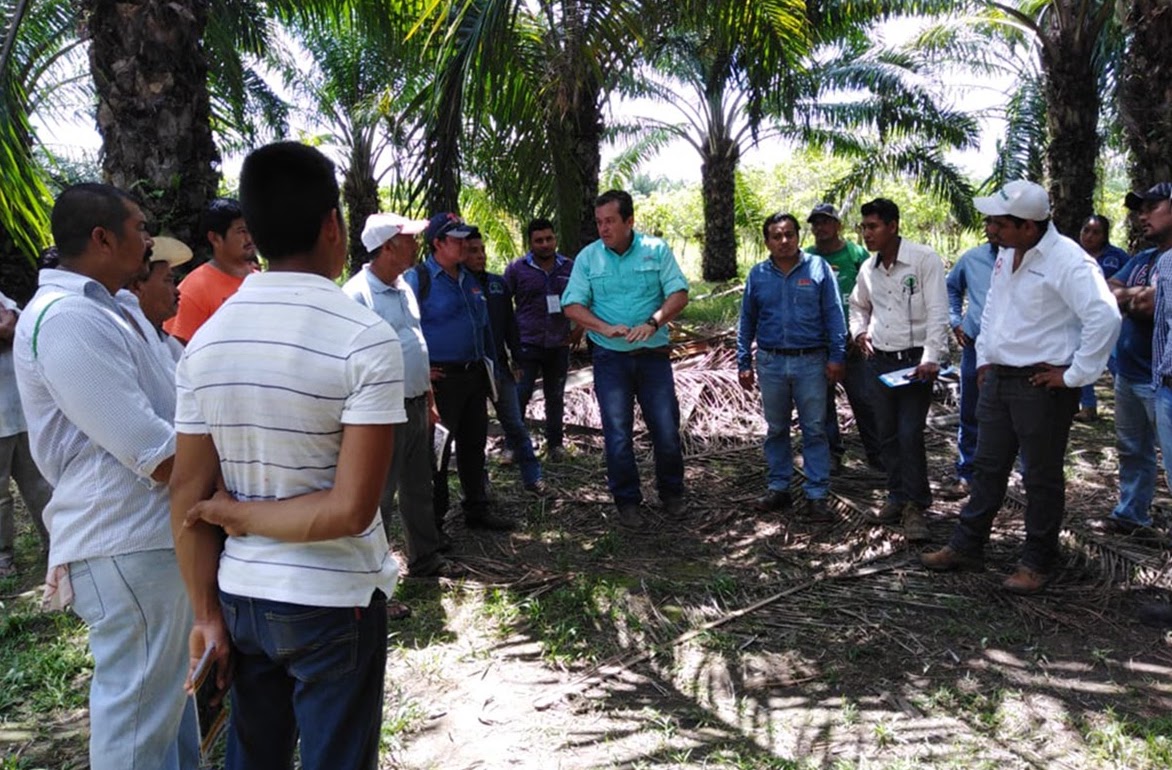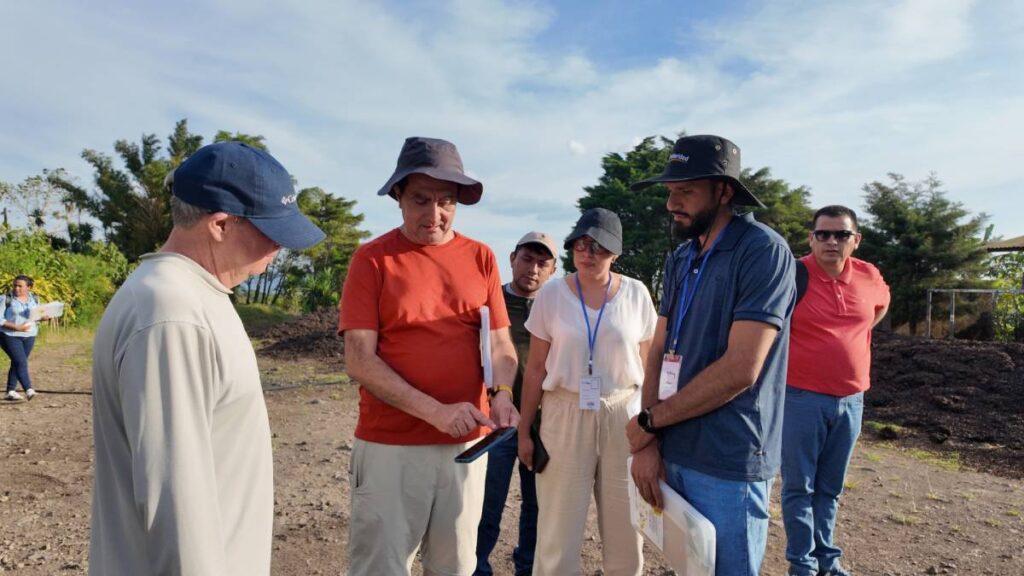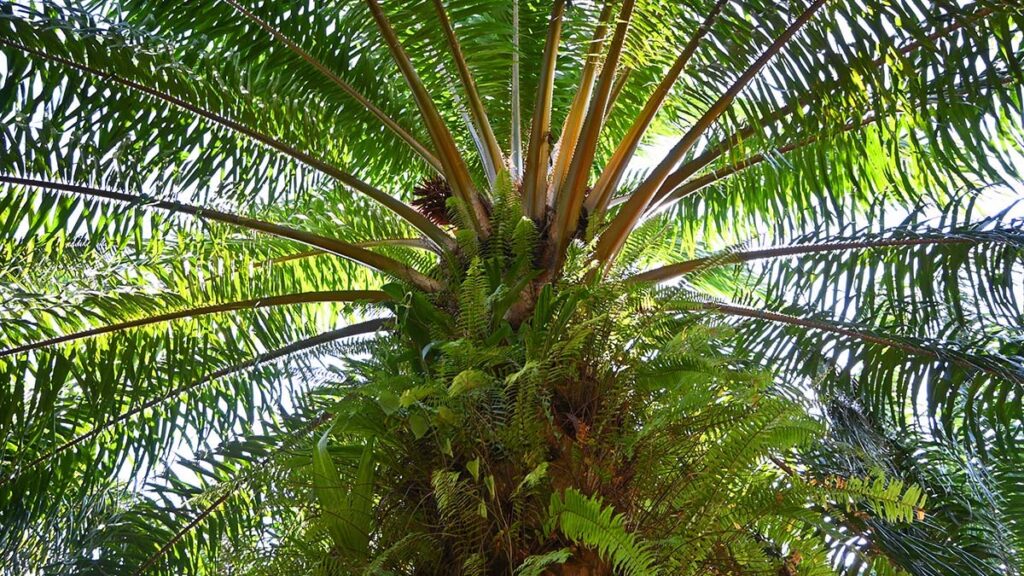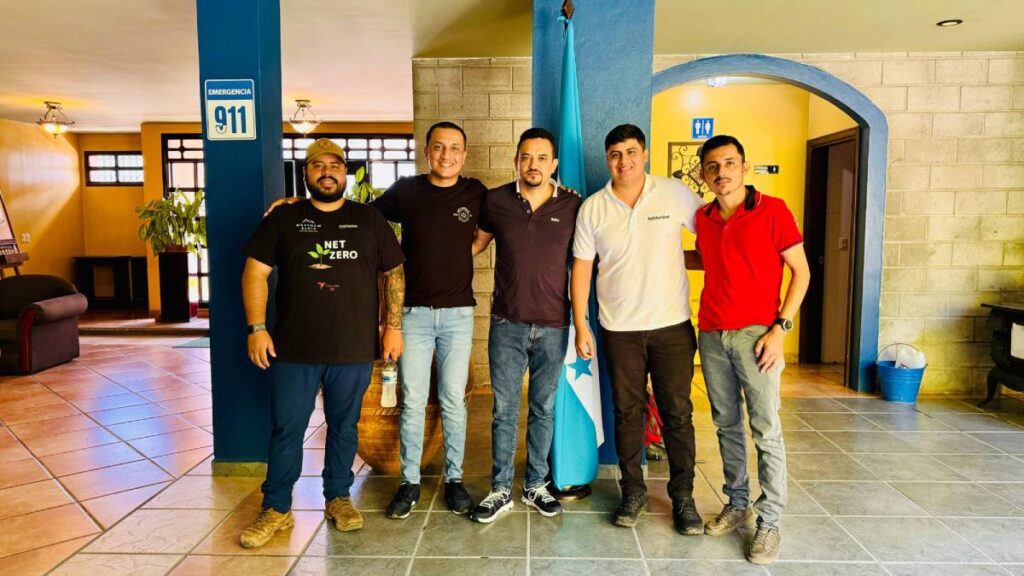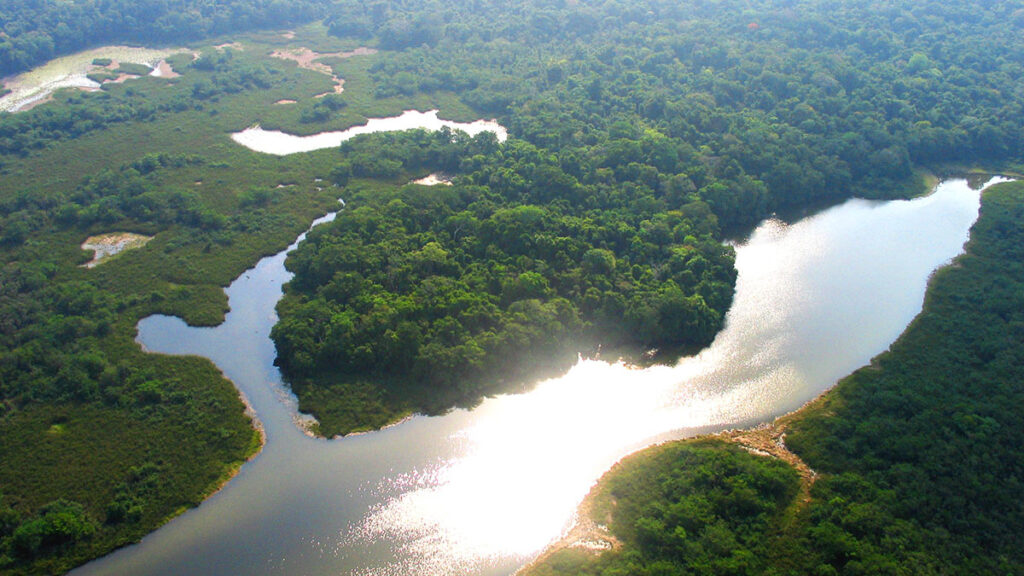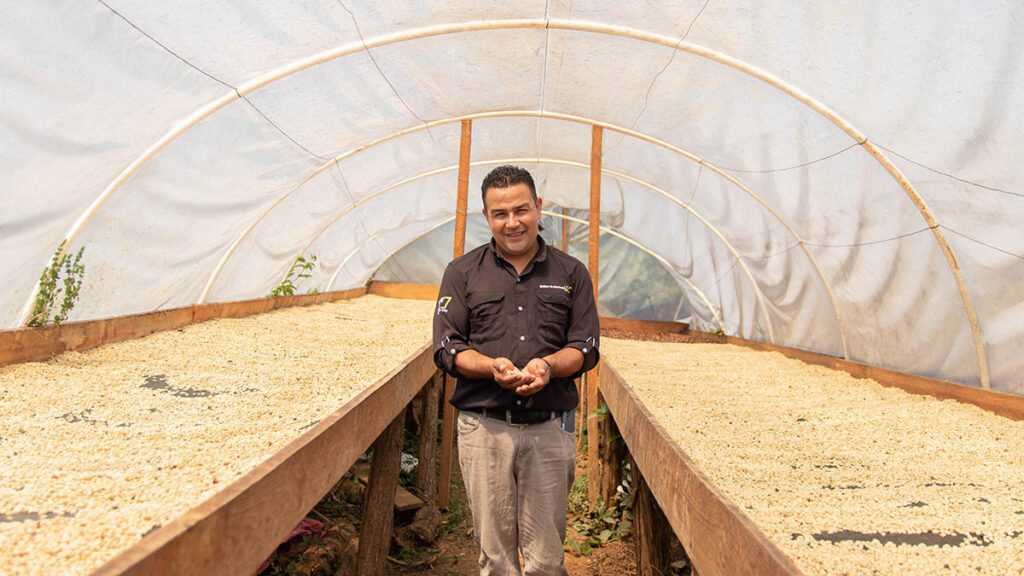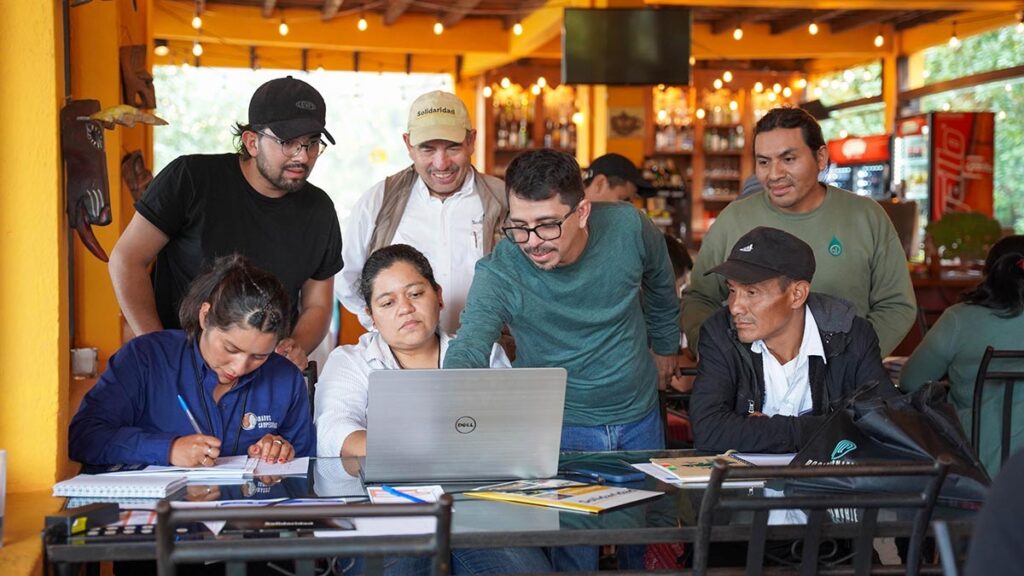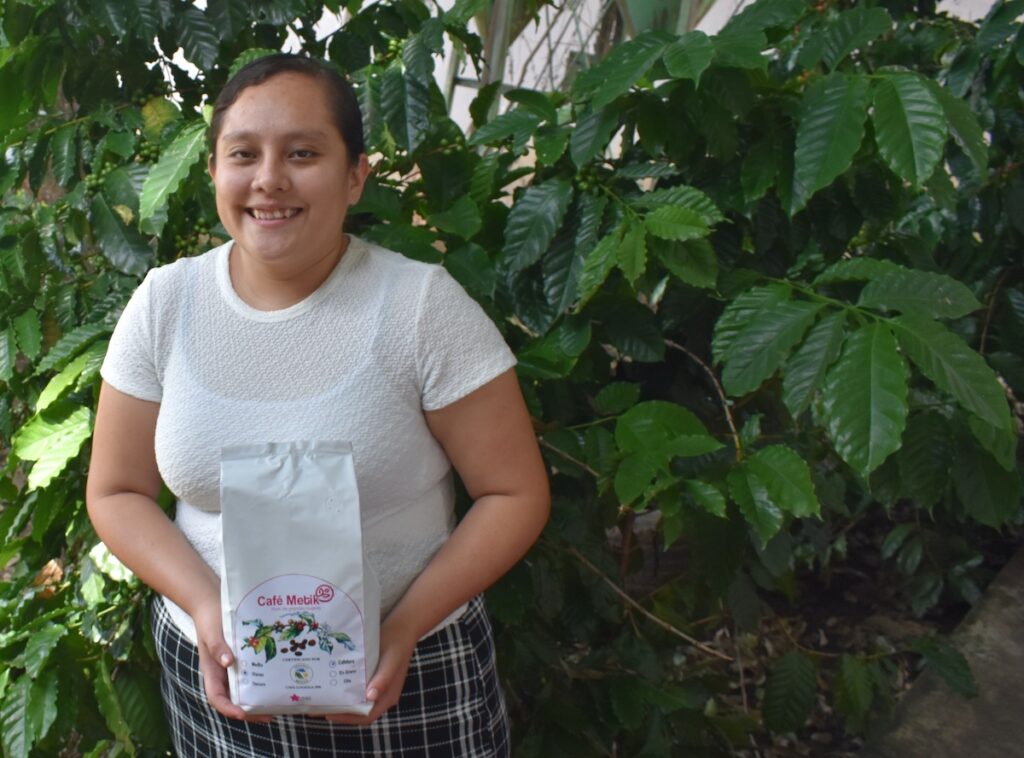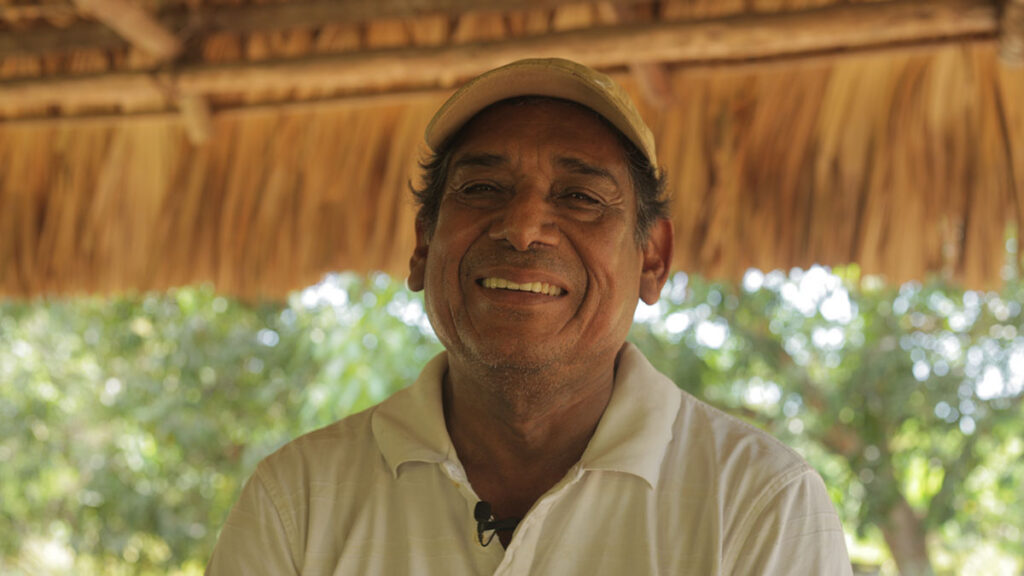From 2016 to 2020, Solidaridad provided technical assistance to palm oil companies and producers, including distributing training manuals and field logs —which help farmers gain insight into the results of improvements. More than 306,000 hectares are now managed under good practices in Mexico, Guatemala, Honduras and Nicaragua. We also drove conservation, RSPO National Interpretation and certification efforts in Central America.
Driving RSPO National Interpretations in three countries
In 2020, Solidaridad led national interpretations of the RSPO Principles & Criteria in Guatemala, Honduras and Nicaragua. Through this process, the standards are adapted to each country’s legal framework to give local stakeholders clarity on how best to apply the P&C. Through Solidaridad’s leadership, RSPO members in each country came together using the MAPA platform and other digital tools to raise awareness and organize stakeholders into work groups that would develop an adapted document per country.
In the last quarter of 2020, during the 60-day public consultation period in Guatemala and Honduras, we used email, WhatsApp and other social media to continue raising awareness and invite more stakeholders to join the consultation.
“We are inviting our affiliates to participate…. We are achieving good results and increasing production volumes by investing the time and implementing RSPO standard practices in our plantations”, said Mr. Juan José Baquedano, president of the National Federation of Palm Oil Farmers of Honduras, in one of the messages.
Increasing the variety and number of actors contributing to the National Interpretation through the public consultation allowed the working groups to expand and enrich the applicability of the document and ensure that each aspect of the P&C aligns with each country’s context and regulatory framework.
Working with smallholders to promote good practices and drive certification
In 2019, the RSPO launched the Independent Smallholder Standard. To help certification efforts and with financial support from Cargill and Oleon, Solidaridad trained 105 oil palm smallholders from the Ixcán region in Guatemala through workshops and farmer field schools, where smallholders learned about good practices through learn-by-doing strategies on 12 demonstration plots. These smallholders are pursuing the certification and implementing good practices in a total area of 1,184 hectares.
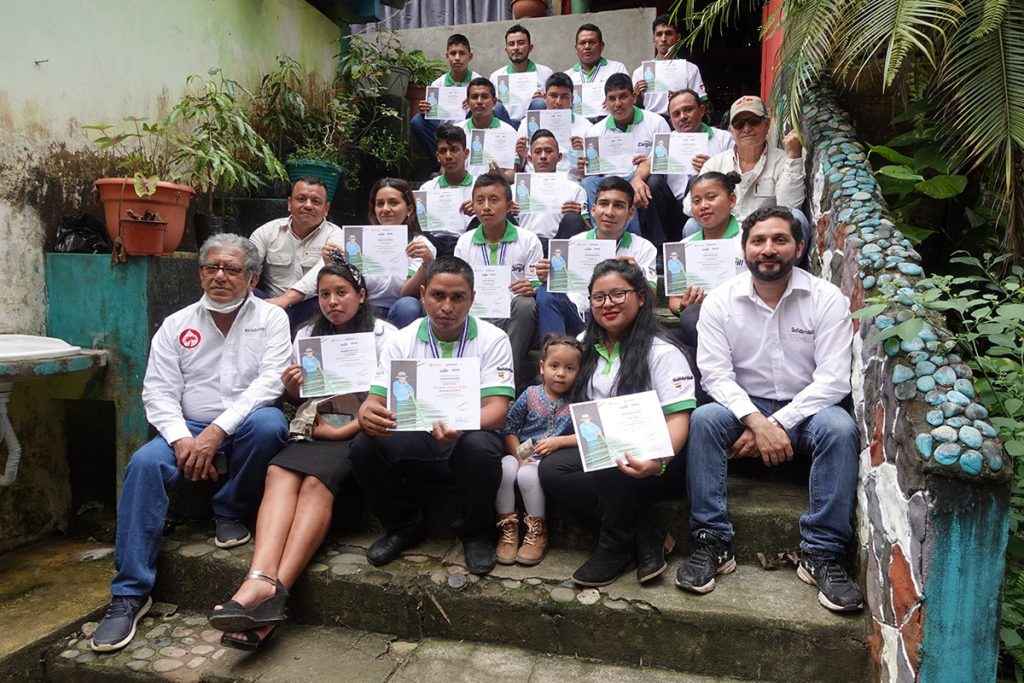
By July 2020, the RSPO certification project in Ixcán, Guatemala had yielded excellent results, including:
- 43 percent of smallholders met RSPO infrastructure requirements
- 83 percent of smallholders adopted the no deforestation, no peat, no exploitation policy
- 100 percent of smallholder producers had environmental assessments and management plans in place
Cristobal Choc, one of Ixcán’s independent smallholder oil palm producers working on 28 hectares, realized that a productive oil palm plantation can be a viable business and is eager to continue improving his production yields. From when he started his plantation in 2009, his family has been able to invest in two vehicles, pay for his children’s education and is now building a house, thanks to his oil palm income. Working with the RSPO certification project and Ixcán promoters gave Cristobal a new perspective.
I learned plants are like human beings; we need to examine them for disease. We have to examine the palm plant, the leaves and the soil. Just like a person needs nourishment, so does the palm. People ask me how I have so much fruit in my oil palm plantation, and I tell them, by using fertilizer [intelligently].
Cristobal Choc, oil palm farmer
Through the RSPO certification project, Solidaridad also helped smallholders acquire 91 environmental licenses, issued by Guatemalan authorities in 2019 and 2020, after submitting environmental assessments of their plantations.
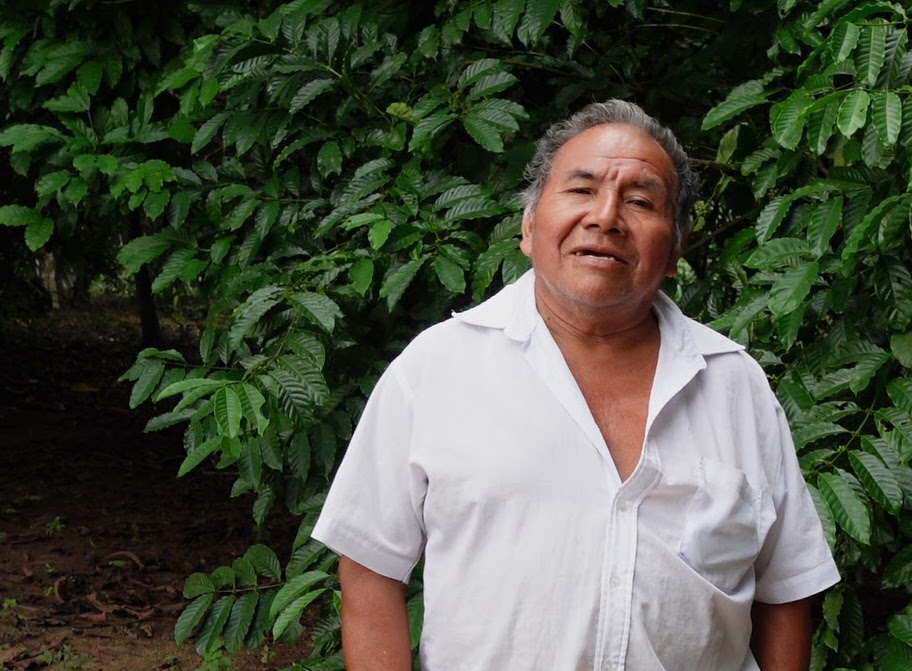
“After learning from Ixcán’s promoters, all oil palm producers know we have to take care of the environment. I didn’t know it was necessary to take care of trees, and now rather than cut them down, I plant more”, added Cristobal.
Working to protect and conserve biodiversity and wildlife habitats
In Honduras, Solidaridad has partnered with Cooperativa Salamá since 2017 by providing biodiversity monitoring in 2,873 hectares of oil palm plantations and forest fragments. After confirming the presence of at least 39 endangered or vulnerable species in Salamá’s properties, we worked with the cooperative to develop and implement a training plan for their 220 workers. Solidaridad provided yearly training between 2018 and 2020 to raise awareness about the importance of conserving biodiversity and protecting wildlife, the causes and consequences of pollution, and ecological restoration, among other topics.
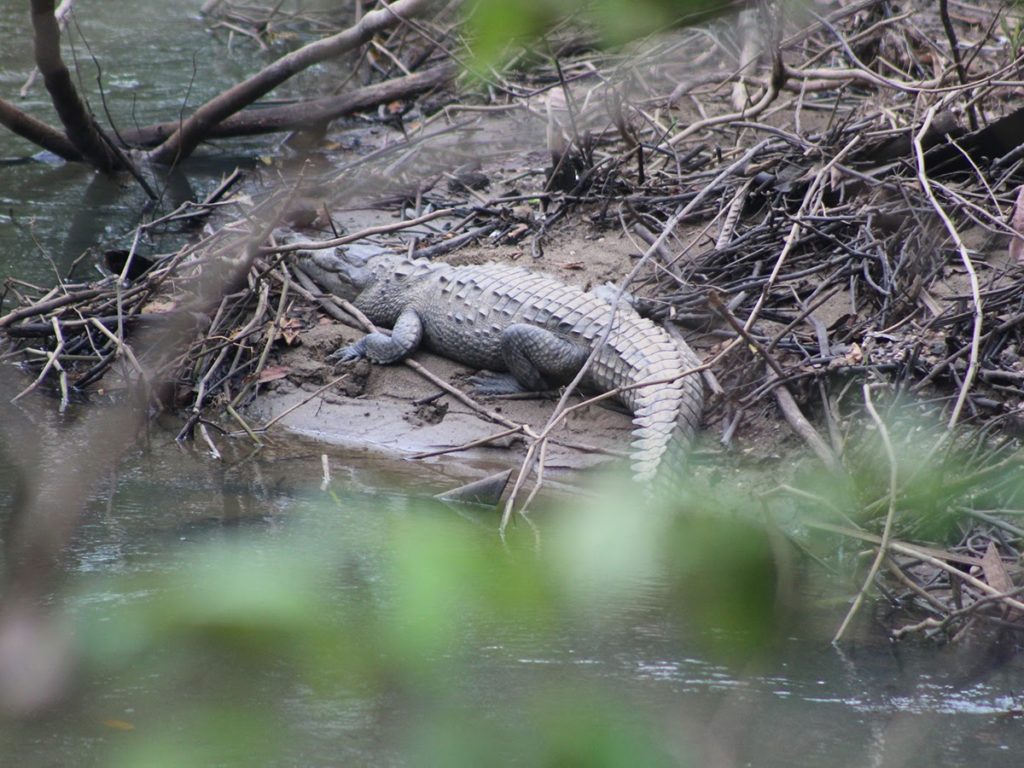
In 2018, Solidaridad supported Honduran palm oil company ACEYDESA with a rapid biodiversity assessment of 22 plantations, so the company could work on their wildlife management plan, an RSPO certification requirement. In 2020, we provided biodiversity and conservation training to 13 ACEYDESA technical staff who would later replicate the training among 800 plantation workers who work on approximately 13,000 hectares of oil palm and forest fragments.
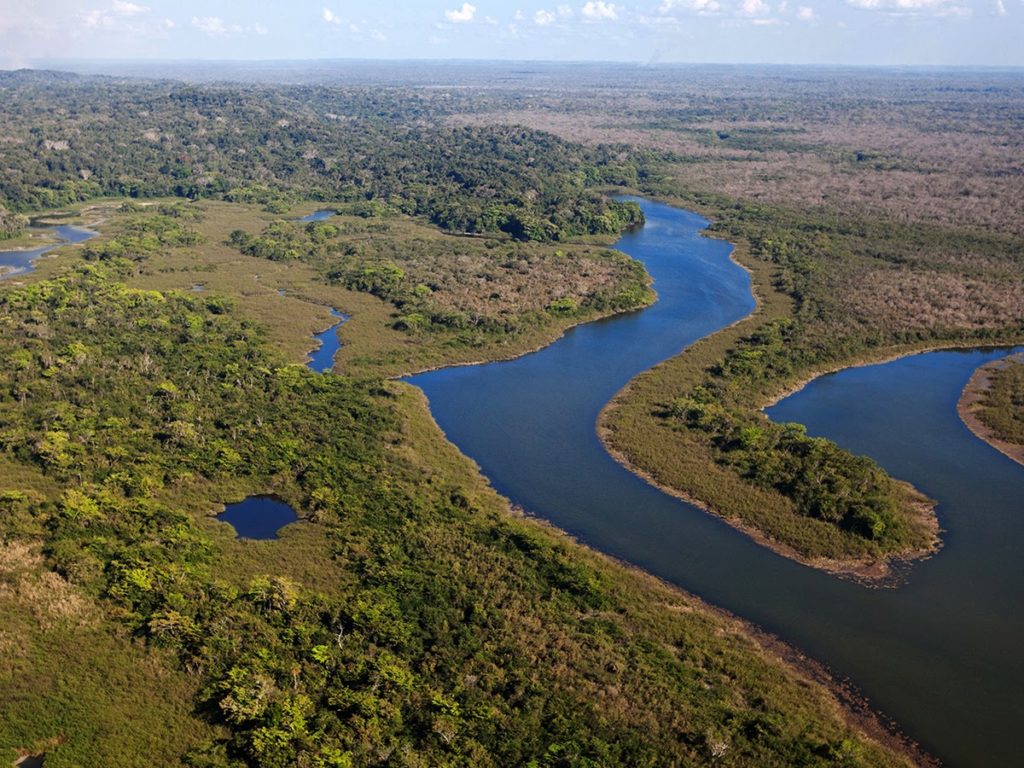
In Guatemala, Solidaridad implemented internal biodiversity monitoring systems (IBMS) in approximately 40,000 hectares of oil palm and 1,500 hectares of conservation areas to enhance biodiversity in agricultural landscapes in 2016 through 2020. In addition, in 2018 Solidaridad led efforts to establish a public-private alliance among Wildlife Conservation Society (WCS), the National Council of Protected Areas (CONAP) and two large oil palm companies in Guatemala. The alliance created a project to conserve more than 28,000 hectares of high biodiversity value, encompassing natural ecosystems and Mayan cultural heritage sites in the Laguna del Tigre National Park, in the Paso Caballos community.

